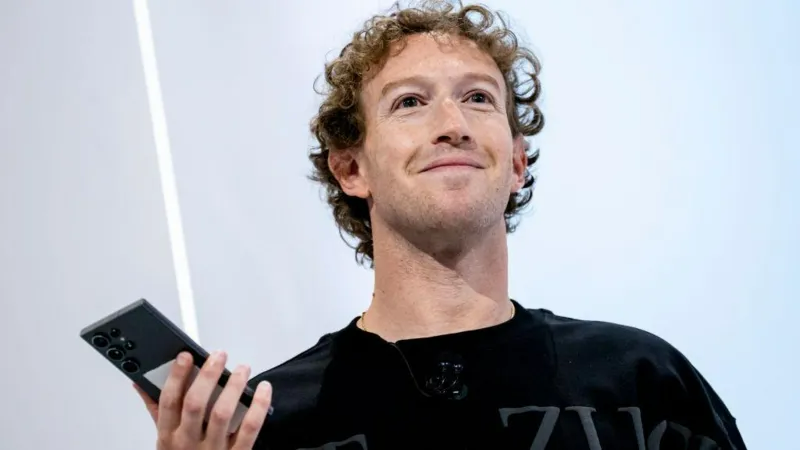Ukraine’s President Volodymyr Zelensky says he expects “important decisions” at the G7 summit of leaders from seven of the world’s richest nations to help his country fight invading Russian forces.
“A large part will be devoted to Ukraine, our defence and economic resilience,” he said in a post on Telegram.
The White House says the G7 has made good progress on a US plan to use frozen Russian assets to raise $50bn (£39bn) for Ukraine.
Mr Zelensky, who is at the summit in Puglia, southern Italy, on Thursday signed a security deal with Japan. A similar agreement is expected with the US.

The G7 nations of Canada, France, Germany, Italy, Japan, the UK and US have been important financial and military supporters of Ukraine since Russia’s full-scale invasion in 2022.
The Russian assets that were frozen by the group, alongside the EU, when Moscow invaded Ukraine amount to $325bn. Most of the assets of the Central Bank of Russia are being held in Belgium.
Under international law, countries cannot confiscate those assets from Russia and give them to Ukraine.
But the pot is generating a lot of interest – about $3bn a year – so the idea is to use that interest in a creative way.
The plan is to take out a loan on the international markets, give about $50bn to the Ukrainians each year, and use the $3bn to pay off the interest on that loan each year.
But there are still lots of technicalities to sort out.
President Biden’s security adviser Jake Sullivan says the “major tentpoles” of the plan have been decided and that a good outcome is likely.
In recent weeks Russian officials have spoken about the idea of taking the interest from seized assets as “theft”, threatening to retaliate.

With Mr Biden in the middle of a close election contest, and several other Western leaders lagging in the polls, there is pressure to deliver support to Ukraine while they still can.
UK Prime Minister Rishi Sunak, who faces an upward struggle ahead of next month’s general elections, is set to announce up to $309m in support for Ukraine’s energy and humanitarian needs.
Also facing voters soon is the party of French President Emmanuel Macron, who called a snap parliamentary election after a resounding loss to the far-right National Rally in last weekend’s elections to the EU’s parliament.
Italy’s Giorgia Meloni has boasted that her country was heading into this summit with “the strongest government of all”, after a strong performance in the European elections last weekend.
The shaky political situation in many G7 countries is causing some observers to have low expectations about what can be achieved.
Natalie Tocci, the director of the Italian Institute for International Affairs, warned that “if anything will come out of this summit, it’s the fear of a catastrophe playing out before our eyes,” citing possible new governments led by Donald Trump in the US and the far-right in France on the horizon.
Also on the agenda of the summit at the Savelletri resort is the following:
- War in Gaza: All G7 leaders have previously backed US President Joe Biden’s plan to end hostilities – including an immediate ceasefire, the release of hostages, and an increase in aid
- Migration: Italy is asking other nations to contribute financially to its Mattei Plan, which gives African countries grants and loans to develop their economies. But many commentators suspect it may be cover for Italy to crack down on migration
- Economic security: An anti-coercion pact that was adopted after last year’s meeting is designed to stop countries – such as China and Russia – using their economic strength to impose their will on others. It is thought the US is keen for the issue to be discussed again this time
- Safety of AI: This was also raised last year, with the set-up of a process to promote “safe, secure, and trustworthy AI worldwide”
Pope Francis – who will become the first pontiff to attend a G7 summit – will be addressing the subject of artificial intelligence at the conference.
He has previously called for global regulation of AI, warning of its danger to ethics and human rights.




